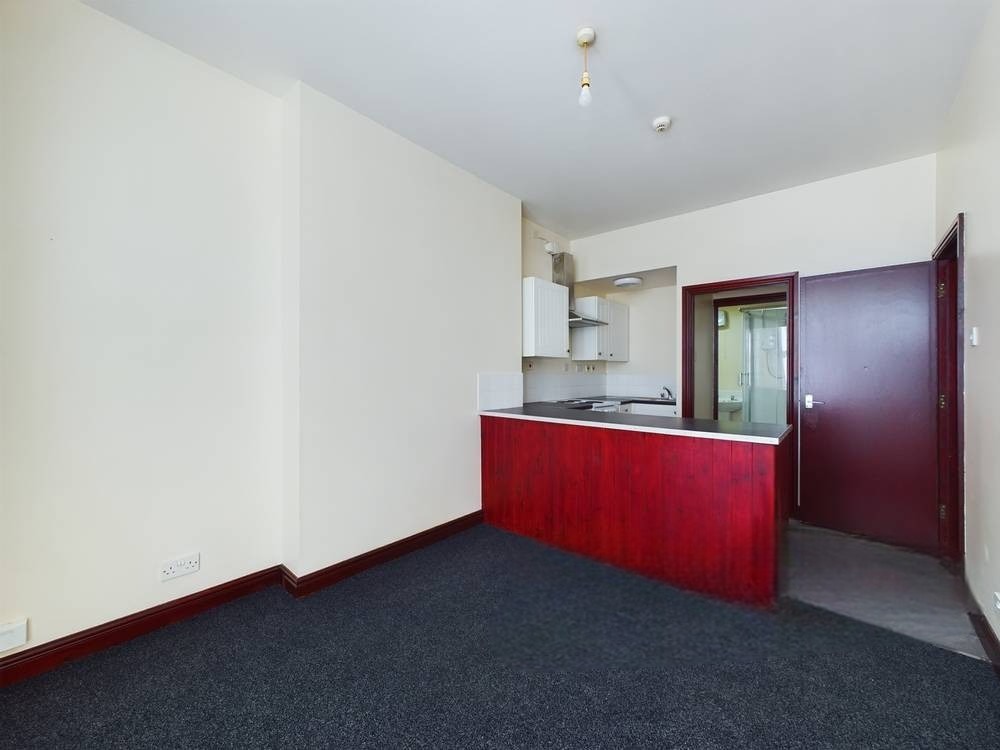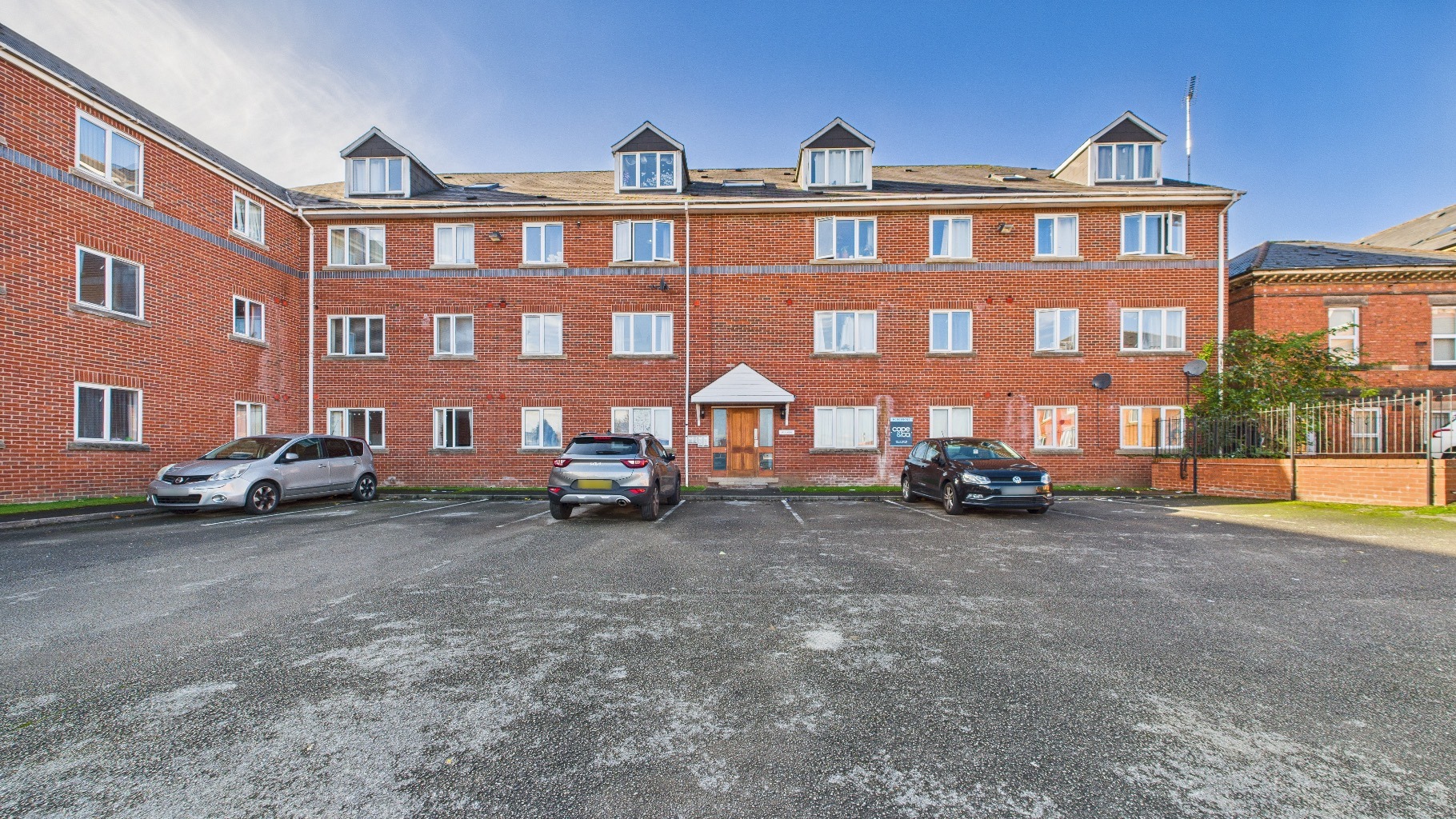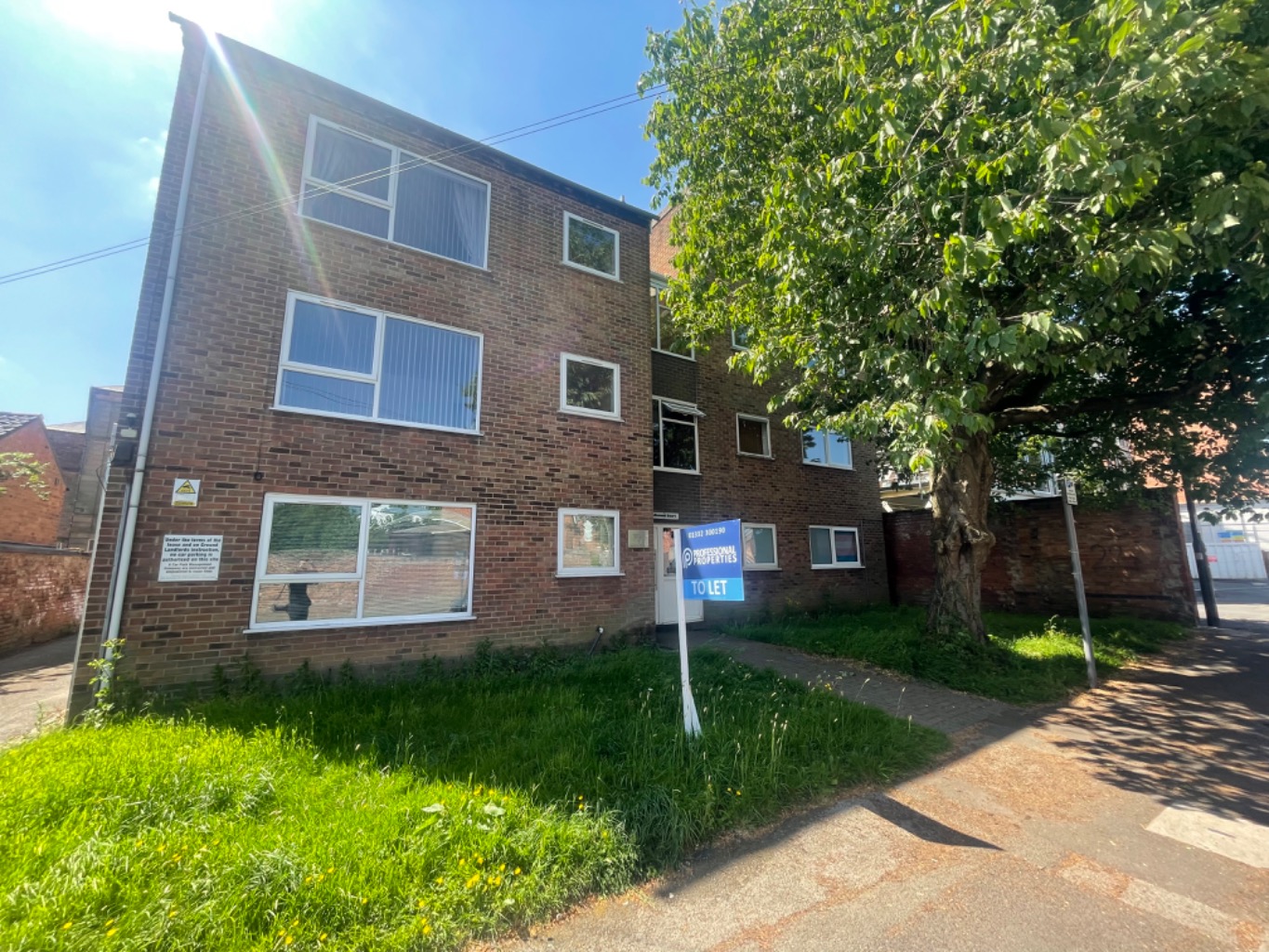
The Student Let Shake-Up for Landlords in Derby
Derby’s student landlords face major change. With more than 30,000 students and new purpose-built blocks entering the market, the Renters Rights Act reshapes how student landlords let, manage and regain possession of student properties. Here’s exactly how Derby landlords can prepare before the next cohort arrives...
The Renters Rights Act 2025 and Student Tenancies in Derby
If you’re a Derby landlord with student properties, it’s fair to say the landscape you’ve come to know is about to undertake a dramatic shift.
The Renters' Rights Act isn’t a light tweak to the system or another piece of red tape to fold into the drawer. For the student rental market, particularly in a city like Derby where around 30,000 people choose to study each year, it’s a total structural remodel of how student lets function.
And that matters because Derby’s student market has always relied on one thing above all else: predictable turnover.
Everyone arrives in September, everyone leaves in early summer, and landlords breathe for a few weeks while refurbishing, repairing and preparing for the next wave.
The Renters Rights Act removes the mechanism that made that predictability possible - the fixed-term tenancy - and replaces it with open-ended, rolling arrangements that don’t always respect the academic calendar. Suddenly, that neat, tidy annual cycle becomes a lot messier.

A Brief Summary to Start
Fixed term tenancies - While Student Halls (buildings that provide accommodation for students, typically owned or managed by a university and located on or near campus), and Purpose-Built Student Accommodation (PBSA) can still follow the fixed term mechanism, HMO's and Private Rental Accommodation cannot.
Early termination - In Halls and PBSA properties, students cannot leave early. In HMO's and Private Rentals students can leave with 2 months’ notice.
Timings - There are restrictions on the timing of when a lease is granted for HMO's (not more than six months before occupation if the student possession ground is to be relied on) but no restrictions for the other types.
Possession ground - There is a specific ground for possession in the Renters Rights Act for HMO's (Ground 4a) which does not apply to student halls, PBSA's, or private rentals.
Rent in Advance - Halls and PBSA's can still ask for multiple months’ rent in advance, however, for HMO's and Private Rentals, this is banned.

What’s Actually Changing - A Bit More Detail
From 1st May 2026, fixed-term Assured Shorthold Tenancies (AST's) will no longer exist for HMO's and private student rentals. Every new tenancy will automatically become a periodic one. This means a student can stay on past the end of the academic year unless you can legally regain possession using one of the statutory grounds. Section 21, the route landlords have used for years, disappears entirely.
On top of that, the Act introduces stricter rules on advance rent. The Derby model of taking termly payments (often as soon as loans hit the bank) becomes far more limited. Monthly payments will be the new norm. That’s a big adjustment for a business model that clusters its biggest costs in summer.
The legislation will also pull student properties deeper into the world of Awaab’s Law-style obligations and the Decent Homes Standard - although this is not imminent but still needs thought. You’ll need to document repairs better than ever, respond faster to problems, and keep airtight records because councils will want evidence, not just assurances, that you’ve done things correctly.
Then, of course, comes the paperwork. Pre-tenancy statements will be mandatory, detailed, and unforgiving. Forget one essential item and you could find yourself unable to regain possession later.

Why Derby Student Landlords Are Hit the Hardest
The trouble is that the student market simply doesn’t behave like the rest of the private rented sector. Derby is no exception. In areas like Kedleston Road, Ashbourne Road, Friar Gate and the city centre, landlords are used to the annual rhythm: students in, students out, summer updates completed, next cohort moves in.
Without fixed terms, that rhythm breaks. A student might decide to hang around longer; a few more weeks, a few more months, perhaps even permanently, and unless you have the legal grounds lined up, the right clauses in your contract, the right documents served at the right times, that tenancy could continue indefinitely. You can’t just “expect” the property back anymore.
It also fundamentally changes how group tenancies work. Most Derby student houses are let on a joint tenancy. Currently, one leaving usually means everyone leaves at the end of the term. Under a periodic structure, that cohesion can fracture. One student might give notice. The others might stay. Your guarantors may suddenly become even more important than the students themselves. The admin intensifies, the risk increases, and the clarity of an automatic July handback evaporates.
And then there’s the Derby court system, which is already stretched. Recovering possession through statutory grounds is possible, but the process is slower, more demanding and more liable to derail your ability to re-let in time for the next academic year.

The Three Biggest Headaches Coming Derby’s Way
Perhaps the biggest challenge is simply getting the property back in time. If you misjudge a notice period, mis-word a tenancy agreement or miss a document in the pre-tenancy pack, you might miss the September intake entirely and a full year of income has gone in a heartbeat.
Cashflow presents another issue. Monthly payments change the shape of your income. Instead of predictable lump sums you get a trickle and one that may not align with the expenses Derby student landlords are used to absorbing in summer: HMO licences, insurance renewals, mortgage adjustments, compliance works. It requires a completely different approach to budgeting.
And then repairs. Students are some of the quickest to report issues online and are often well-informed. With reduced summer voids, Derby landlords will be doing more mid-tenancy repairs, more in-term compliance work, and more documenting than ever before. The Act is unforgiving when it comes to repair timelines and the councils are increasingly proactive so a casual approach simply won’t cut it.

So What Should Derby Landlords Do Now?
The first step is to get your tenancy agreements updated. Old AST's won’t survive in an RRA world. Your contracts need clauses that address the academic cycle: changeover wording, inspections, re-letting prep, and clear expectations around communication and access.
Alongside that, a written “changeover plan” becomes essential. Imagine it like a manual for how your property transitions from one cohort to the next. It should outline standards, deadlines, expectations and evidence - because in the new world, it’s evidence that matters most.
You’ll also need to embrace monthly rent as a business reality and ensure your guarantor agreements are legally watertight, not the template you downloaded 10 years ago. Periodic student tenancies carry more risk, and your guarantor documents must reflect that.
Finally, tighten your repair systems. Keep logs. Keep photos. Keep invoices. Keep a timeline of every interaction. In the eyes of enforcement, your paperwork is now your protection.
And don’t forget communication. Many students will assume “nothing has changed.” They’ll think the academic year still dictates their tenancy. You’ll need to be clear, early and frequent with updates so there are no misunderstandings that might derail your changeover.

Understanding the Bottom Line
The biggest shift Derby landlords need to absorb is this: you won’t automatically get your property back in July anymore.
That’s the hard truth. Everything that used to “just work”; the upfront rent, the fixed terms, the tidy changeover window, is now a strategic exercise that sits on top of strict rules and evidence-heavy processes.
But while the changes sound daunting, Derby remains a thriving student city. New purpose-built student accommodation is popping up, demand still outstrips supply, and students continue to favour well-managed, well-maintained homes over the anonymous feel of some large blocks.
The landlords who take the Renters' Rights Act seriously, the ones who update early, stay organised, document everything and communicate well, won’t just survive the change. They’ll rise to the top of the local market.











